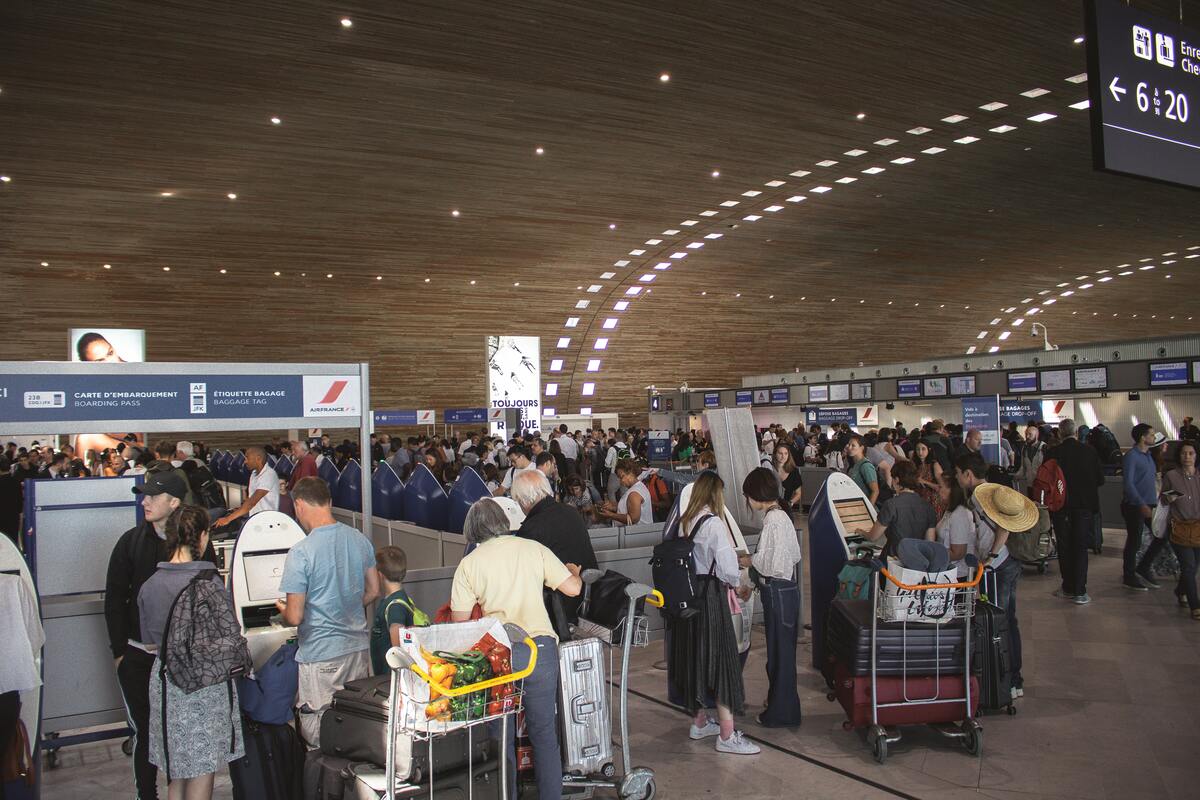Have we overpriced the tourism recovery? Opportunities and risks with the current air travel chaos
While the demand for air travel continues to rise, aviation staff shortages seem to create opportunities or potential risks for airline fuel providers, airport/duty free retailers, coach operators, hotel/leisure industry and travel insurance products.

Despite the surge in air travel/rebound of tourism, cancellations and delays from staff shortages at airlines, airports and ground-handling companies are disrupting expected recovery.
Operational Issues
- Unions and Strikes: Several airlines have been told to cancel flights to stop travel chaos. The UK saw 500 flight cancellations last weekend, thousands of flights were scrapped over the Memorial day holiday in the US. Further travel chaos has been caused as result of strikes, like that of Ryanair's Spain staff, Charles de Gaulle Airport in Paris cancelled 25% flights last Thursday following a strike, KLM had to suspend passenger flights to Schiphol in Amsterdam airport due to overcrowding caused by lack of staff. OAG provides datasets on global flight cancellations.
- Jobs Cuts: Aviation industry saw widespread job cuts last year, for example British Airways axed 10,000 staff members, American Airlines cut 19,000 jobs, United reduced workforce by 13,000. Now, airlines that made most job cuts are being hit hardest by cancellations as they struggle to rehire staff.
- Supply Chain: The operation of single flight requires a collection of business to function smoothly: ground baggage handlers, subcontracted check-in staff, freight forwarders, airport security firms, airport operators, air navigation providers, caterers. Each of part of the supply chain is facing the same staffing problems that airlines face - it's is estimated that of the 2.3 million aviation jobs lost in the pandemic, 1.7 million were ground handlers (Swissport cut 25% of it's workforce) - compounding the chaos at airports.
Who is impacted?
This leads to the question, have we overpriced the tourism recovery? If the issues above fail to resolve, the only option for airlines is the hardest: to try to fly less. While this question is the most important for airlines like KLM, Ryanair, Wizz Air, easyJet, Lufthansa, TUI and AirFrance are among the ones directly impacted, this also indirectly affects:
- Airline fuel providers:
- The increase in delays/cancellations may lead to a fall in fuel needed by airlines.
- Potentially impacted companies: GKN Aerospace, TotalEnergies, and Sustainable Aviation Fuel (SAF) companies such as Neste and Q8Aviation.
- Airport/duty free retailers:
- Besides the rising number of travellers crowding airports across Europe, people are likely to stay longer in the airports from flight disruptions - meaning they would be consuming more.
- Potentially impacted companies: Dufry (parent organisation of World Duty Free), ARI (parent organisation of The Loop), Heinemann, Aelia Duty Free, Hellenic Duty Free Shops, Lojas Franck’s de Portugal, ATÜ Duty Free and B&S Group (parent organisation of B&S Shop Fly).
- Sources of supporting data:
- Coach operators:
- Due to the rise in travel, travellers have been buying more tickets from coach operators to commute to and from airports.
- Potentially impacted companies: National Express, Arriva, easyBus, Megabus owned by Stagecoach.
- Sources of supporting information:
- Hotel/leisure industry:
- As travel booms, tourists book more hotels and do more short-term rentals. This, combined with extended stays caused by flight disruptions (and airlines having to compensate people with free stays for disrupted flights) signal a rise in spending in the hotel/leisure industry across Europe.
- Potentially impacted companies: Airport hotels (e.g. easyHotel), InterContinental Hotels Group and Scandic Hotels.
- Sources of supporting data and information:
- UNWTO Tourism Recovery Tracker - Indicators for e.g. occupancy rates, hotel searches, short-term rentals, hotel bookings, travel search for accommodation
- OAG: Covid-19 Air Travel Recovery - Datasets for e.g. passenger booking data, flight seats data
- Travel insurance demand:
- According to India’s Go Digit General Insurance, the demand for travel insurance products has doubled from pre-Covid levels. All-risk cancellation, flight cancellation by the operator, booking amendment, and flight delay by the operator were listed as the top reasons for travel insurance claims.
- The study is based on the company’s internal data, yet considering the global rise in travel demand, ongoing aviation staff shortages, and flight cancellations and delays that are not likely to end anytime soon, there may be a significant rise in demand for travel insurance products across the UK and Europe.
- Travel insurance companies that may see an increase in travel product sales:
- Zurich Insurance Group, AXA, Aviva, Great Lakes Munich Re Group (subsidiary of Munich Re), Mapfre, Allianz Assistance, Direct Line, TUI and Jet2Insurance.
- Sources of supporting data and information:
Some of the latest stories:
- 16 Jun: Numbers are still not adding up for chaotic airports - how did we get here?
- 15 Jun: TUI boss apologises for travel chaos 'distress' as he explains delays and cancellations
- 15 Jun: Airlines told to cancel flights to stop travel chaos
- 14 Jun: More travel chaos looming as Ryanair's Spain staff set to strike
- 13 Jun: Airlines are forced to charter planes from rivals to cope with demand
